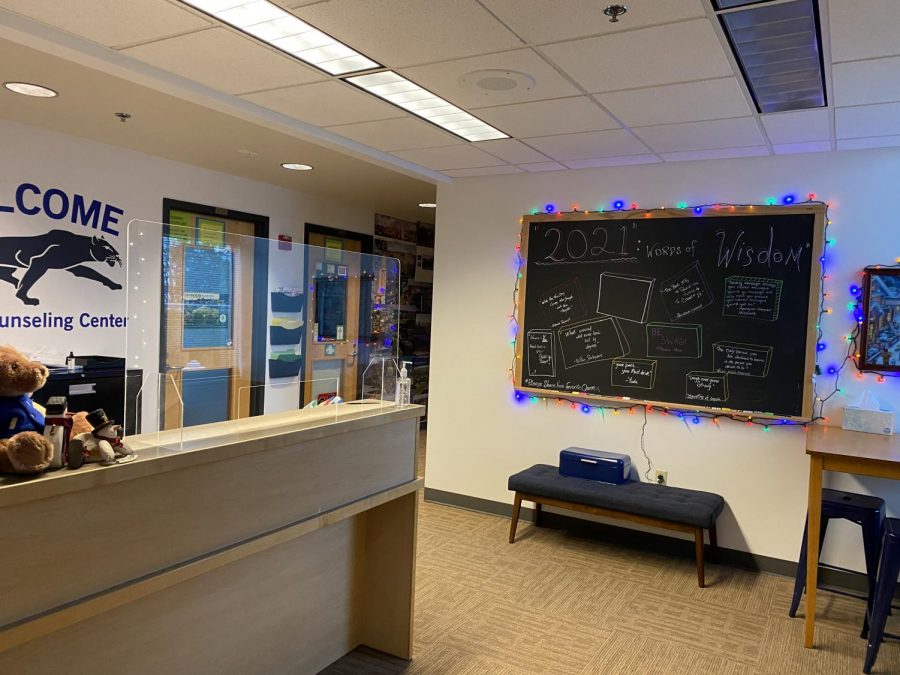Covid-19 Takes a Toll on Students Mental Health
February 8, 2021
In the unknown and chaotic time that has been brought on by the worldwide spread of Covid-19, many people are worried about their physical health, but what about their mental health? On average, one out of five teens faces at least one mental health issue and this can have a large impact on their day to day life. By no means has this past year been average with the election, protests, and Covid-19, and it has taken a toll on high school student’s wellbeing.
One Seattle Prep student shared, “Normally the excitement of a football game or dance at the end of the week would push me to get all of my work done, but now, it seems like there’s very little to look forward to.”
Staring at a computer screen for an extended period of time is known to often cause headaches and drowsiness. These effects often leave students feeling unmotivated and no longer excited for school. The lack of motivation in student’s lives can lead to many symptoms of depression and anxiety including difficulty concentrating, trouble sleeping, loss of interest, or irritability.
Junior Sally Swanson said, “I’ve found bits of motivation in looking forward to small things throughout the day like watching a tv show, going for a walk, or the satisfaction of finishing a puzzle.”
The isolation of quarantine is unlike any other situation. For teenagers, their normal high school life is something that may never go back to normal. Not only can they no longer see their friends, teachers, or some family, but it is also difficult to find resources to ask for help. The Seattle Prep Counseling Office has been doing an incredible job reaching out to students, but many students do not feel comfortable or find it necessary to reach out to their counselor. It can be easy while at school to walk into the comforting waiting room and be greeted by Mrs. O’Neil and then have a chat with a counselor. But at home students no longer have that sense of comfort. The counselors are available to meet online by zoom by students reaching out.
Counselors Dr. Rosellini and Mr. Johnston said, “You do not have to suffer alone even though you may be in physical isolation. Humans are social animals and when that is limited or taken away for an extended period of time it can have detrimental effects and that is what we have to fight against. It is important to talk about how you feel.”
Mental health challenges are very difficult to face especially alone, but there are several tactics teens can use to prevent or diffuse rising issues. Some preventative actions for possible drops in mood or spikes in anxiety can include journaling, taking walks or other forms of movement, eating well, getting enough sleep, and reaching out to friends and family. Although it is extremely difficult for many students to feel connected to friends during quarantine, it is an important aspect of maintaining mental health.
Mr. Johnston said, “The data shows that quarantine has had a negative impact on student mental health. This is also the case for adults. This makes sense given the conditions in which we have been living. There are a lot of complicating components that can contribute to a decrease in well-being but fundamentally we’ve had to continue doing most of the stressful life things without most of the fun life things. There is a lack of joy.”


